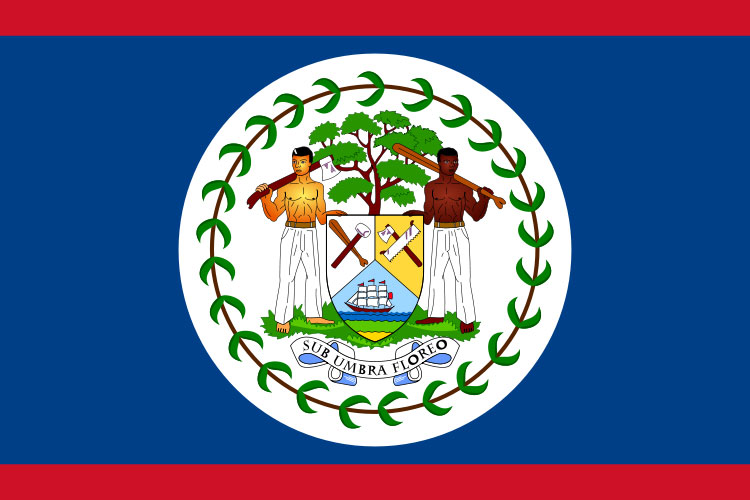HISTORICAL BACKGROUND
The Freedom of Information Act was enacted in 1994.(1) The law provides for access to documents held by government departments. It does not apply to the courts and the Office of the Governor General. The departments must respond within 14 days.
The definition of documents includes "public contracts, grants or leases of land, or any written or printed matter, any map, plan or photograph, and any article or thing that has been so treated in relation to any sounds or visual images that those sounds or visual images are capable, with or without the aid of some other device, of being reproduced from the article or thing, and includes a copy of any such matter, map, plan, photograph, article or thing, but does not include library material maintained for reference purposes."
Documents affecting national security, defense, international relations, and Cabinet proceedings are exempt. Other exemptions can be imposed after a "test for harm" that shows that release of the documents would adversely affect trade secrets, personal privacy, confidence, privilege, operations of ministries, enforcement of the law, and the national economy.
Denials can be appealed to the Ombudsman who can force the disclosure of some documents but he cannot examine or order the disclosure of documents in the exempted categories. The losing party may appeal to the Supreme Court.
The Act requires that the Minister administering the Act must publish an annual report on the operation of the Act, which shall be submitted to the National Assembly. These reports have not been produced. Also, the Ombudsman's reports for the last 5 years make no mention of handling any appeals under the Act.(2)
In 2000, the Political Reform Commission found that the Act was not used often. It recommended that:
Government review and amend the Freedom of Information Act with the objective of narrowing the scope of the Act's definition of documents exempted from public access. The Commission further recommends that the Act be amended to provide for the automatic release of all government documents after fifteen years have passed.(3)
The Prevention of Corruption in Public Life Act requires that public officials file yearly financial disclosure forms of their assets, income and liabilities.(4) According to Freedom House, the courts have ruled that reporters that question the financial disclosure forms of public officials can be imprisoned.(5) The Reform Commission also recommended the expansion of coverage of the officials subject to the act.
The Archives Act sets a 30 years rule for the release of documents except for documents that are confidential or secret.(6)
2004 freedominfo.org Global Survey Results - Belize
NOTES
1. Freedom of Information Act 1994, 14 May 1994: http://www.belizelaw.org/lawadmin/PDF files/cap013.pdf
2. Research undertaken by Mr Joss Ticehurst for the Right to Information Campaign being developed by SPEAR, a Belizean NGO.
Final Report of the Political Reform Commission, January 2000. Available at http://www.belize.gov.bz/library/political_reform/
Prevention of Corruption in Public Life Act. http://www.belizelaw.org/lawadmin/PDF%20files/cap012.pdf
Freedom House, Freedom in the World 2005
Belize Archives Act. http://www.belizelaw.org/lawadmin/PDF files/cap333.pdf





















